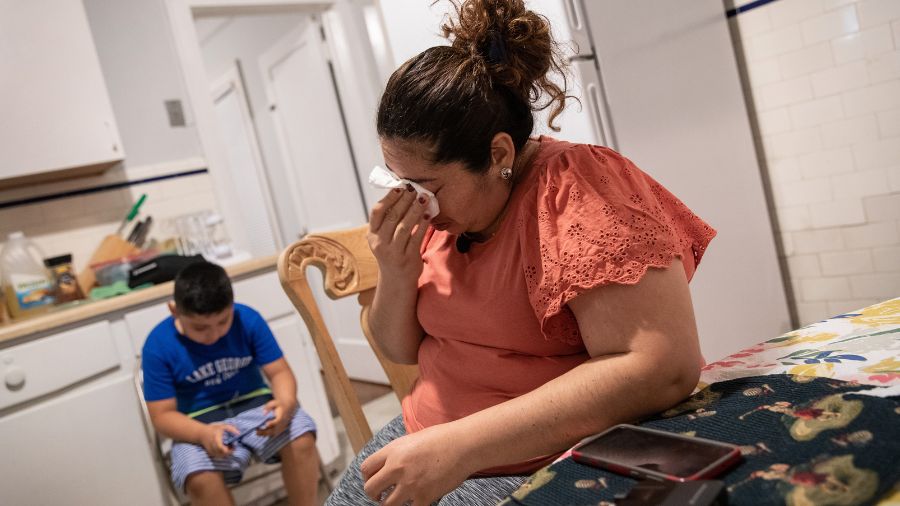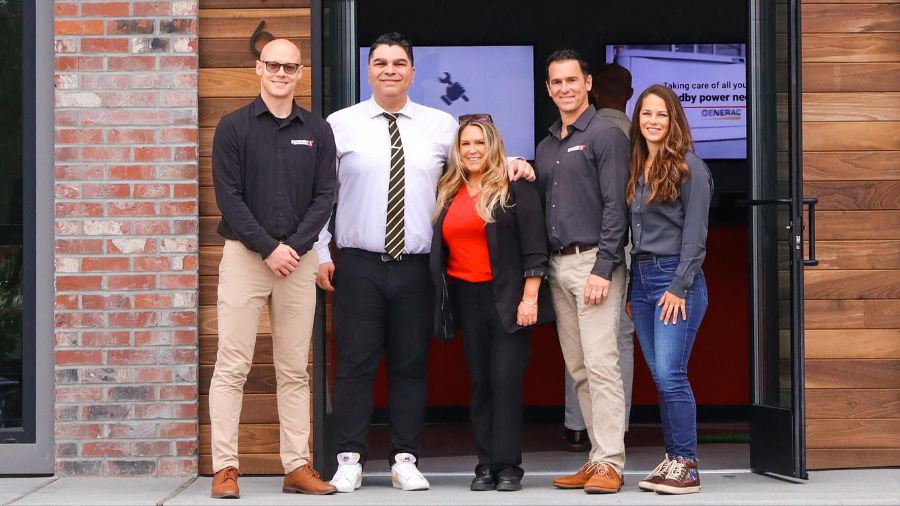‘The mental load is crippling’: Women speak on ‘invisible labor’ when raising a family
Sep 7, 2025, 5:00 AM

A mother wipes away tears after speaking on the phone. (Photo: John Moore, Getty Images)
(Photo: John Moore, Getty Images)
She’s juggling calendars, appointments, and emotional check-ins, and it’s all behind the scenes. New research is shedding light on a hidden burden many women carry — invisible labor.
A recent study published in The Journal of Marriage and Family reveals that women shoulder 71% of family-related tasks. This includes things like planning doctors’ appointments and organizing school schedules.
Women say these aren’t just chores, they’re the mental load that keeps families functioning, and they’re often overlooked.
Many women, including this mother, are turning to social media to talk about this invisible labor and the real struggles they face.
“Whenever I talk about the mental load, men will say things like, ‘Oh, that’s not real. It’s made up. It’s just women overcomplicating things. It’s just your anxiety,'” Colleen, a mother, told KIRO Newsradio. “But when I ask women, the overwhelming majority of them will say that the mental load is crippling, it is exhausting, it is never-ending, that their brain never turns off.”
Psychiatrist Dr. Sue Varma spoke with CBS to unpack the emotional toll this imbalance creates.
“Not only the cognitive overload, but the emotional overload, right? Because a child is often turning to the mother, in most cases, assuming this is a heterosexual couple, for comfort, right?” Varma said. “And the school is calling the mother when the child is sick, and who’s taking time off from work. So all of it comes back down to the woman often.”
She explained that this toll can lead to chronic stress, burnout, and even resentment in relationships. Dr. Varma recommends couples sit down and map out responsibilities.
“Coming to the table and saying, ‘What can I own? What responsibility?'” Varma said. “So, the sports, the musical equipment, the scheduling, can I be a part of it? Can I do the pickup, rolling your sleeves up, getting to the dishes and unloading them before you need to be asked?”
She even suggests using shared calendars, apps, or even weekly check-ins to make the invisible visible. She also encourages partners to validate each other’s contributions and recognize that mental and emotional labor is just as real as physical tasks.
“Women, when they don’t talk about their feelings, we found in a study of a few 100,000 women they looked at, they’re four times more likely to die during the course of the study by not expressing their feelings,” Varma said. “You simply showing up and saying, ‘Talk to me about what you’re experiencing,’ which is stressed out, burden, unseen, undervalued, underappreciated, especially for the moms whose predominant role is caregiving, they feel as if, just because I’m not bringing in income, you don’t see me, you don’t value me.”
The takeaway? As families navigate busy lives, sharing the load isn’t just practical — it’s powerful.














